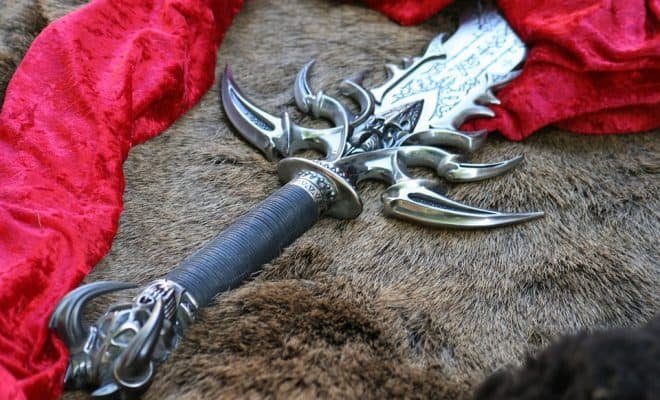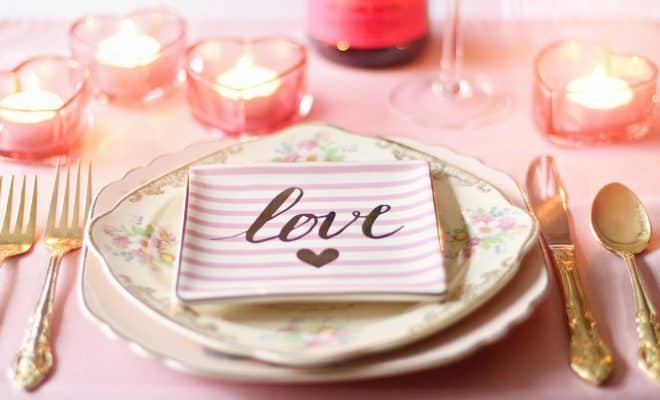Mourning the Living
How do you grieve the loss of someone who is still alive?
That’s a question I’ve asked myself every day for months now. As a kid, everyone thought that my family was perfect.
Even when money was tight, food was on the table and we always had new clothes; I still missed my emo band shirt collection.
When I was younger, we always smiled for photos. Happy times like trips to Disney World, holiday dinners, and birthday parties were captured on film.
But all was not as it appeared.
I’ve been going through therapy and learned that I am a survivor of narcissistic abuse. This kind of abuse can take many forms. Often, the abuse is not physical because the offender doesn’t want to leave visible scars.
Narcissists manipulate and control, and as a result, the victim looks like the problem. What hurts me the most in all of this is that my abuser was such an expert in gaslighting and manipulation that it left the door open for a sexual predator to take advantage of me when I was too young to understand what was going on. And when I tried to open up about it, everyone thought I was lying to get attention; that was always the excuse.
Today I was drinking coffee and talking to a friend when I blurted out the words “I don’t love my parents”. I was saying things I’ve kept in my mind for so long.
When I was a kid, my special education gym teacher noticed my knees looked bruised. Then when confronted, I told her the truth, that I was not allowed to use the walker in the house because it would damage the hardwood floors. When the school called my mom, she covered for my dad; saying that I lied.
The doctor told me that because of “knee walking” I could lose the cartilage in my knees, causing me extreme pain in old age.
I feel like I’m competing in life with the people that my parents wish they were.
My dad had a business that supported his family, but he was hardly around and seldomly sober. I took a backseat to earthly pleasures. I would watch my dad get drunk and fall asleep in front of the TV. My childhood memories are of me watching cartoons alone and being yelled at.
My dad would often put me down because of my weight and my scars; I was very unhealthy and overweight. A narcissist must put others down to feel good about themselves and show off to others.
When he would have those moments and freak out, he would slide money through the door; narcissists give gifts as a way to control victims.
Your latest attempt to control me was adding a wonderful puppy to our family.
I love my puppy and can’t wait to build a new life for my dog and me.
They will talk the victim up publicly and tear them apart behind closed doors. That is part of the power trip.
I’ve always felt like the way I was treated was my fault. But unfortunately, the truth is abuse like this is an all too common pattern; in many parent-child relationships.
It scared me to cry when I had surgeries because they saw crying as a sign of weakness. Going home with low grades meant my dad would verbally tear apart me. Romantic partners often say they feel unwelcomed in our home. A trait of narcissistic abuse is to isolate victims from people who treat them better.
An example, my counselor has been helping me understand the abuse, and my family puts her down. I have fallen in love. My family hates to see me being treated well.
Narcissists are often victims of abuse in childhood who have little self-identity. This triggers them to hate themselves and repeat the cycle. But the abusers hate themselves.
Knowing that my dad hates himself doesn’t make me pity him.
My mom is an enabler. She works as a disability advocate but makes me live in a house where I can’t even use my wheelchair. I believe that silence is compliance.
Does it matter? I don’t feel sympathy. I have been going to therapy to deal with what I thought were things I was wrong about, something that I did to other people. It has been a blessing and a curse to finally understand I was the victim of many people; including my mom and dad.
I learned in counseling that forgiveness is not a step toward grieving. Forgiveness as part of grief is a concept based on principles based on Judaism and Christianity. While faith, for many, is a vital part of healing, mental health was not a science for many years, but solely a personal matter. Forgiveness, for some, does more harm than good.
Forgiveness may not be an eponymous part of saying goodbye. Acceptance is the only way to overcome the loss of a family member. It is okay to distance myself from family to better my mental health.
Before counseling, I would say, ” I hate my life!” The truth is that someone who was supposed to love me had stolen my life. I deserve to take my life back.
I feel a sense of hesitation about starting over. Not because I care about my parents, but because I fear losing other loved ones in the healing process.
I know that blood doesn’t make a family, but the thought of losing my sister and my uncle is painful.









